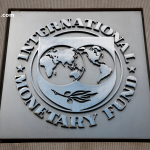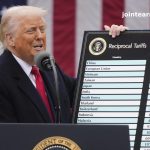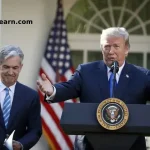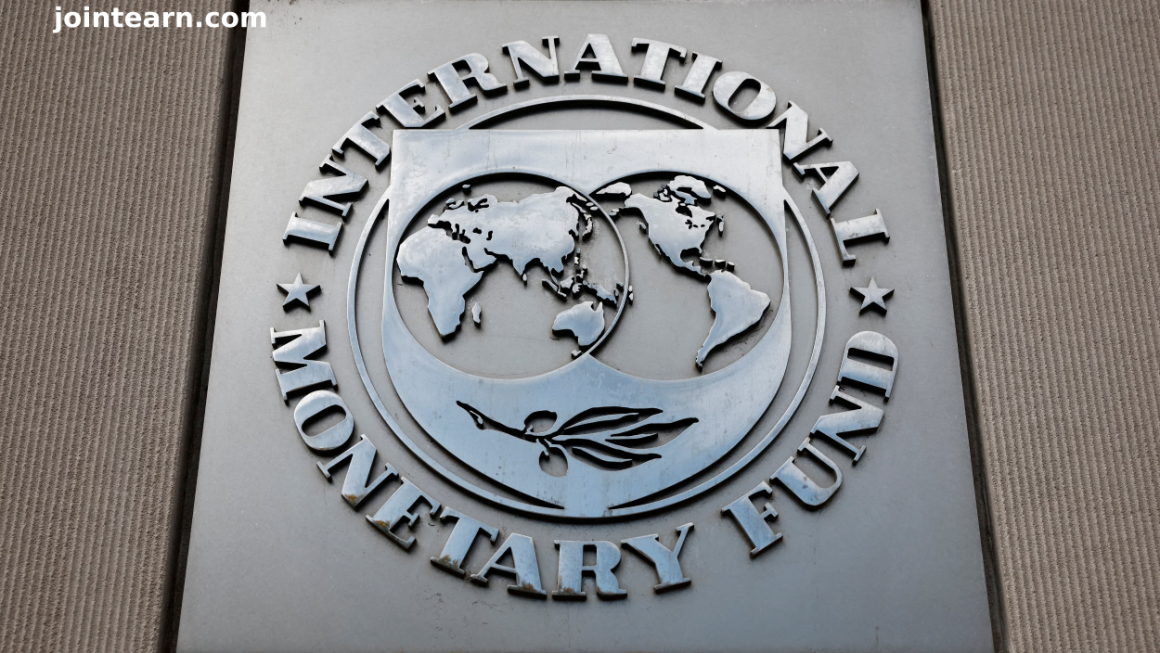U.S. President Donald Trump has softened his stance on both the trade war with China and the head of the U.S. Federal Reserve, Jerome Powell, signaling a potential shift in his economic approach as he faces mounting pressure from markets and global uncertainty.
Speaking from the Oval Office on Tuesday, Trump clarified that he had “no intention of firing” Jerome Powell despite a history of public criticism. However, he emphasized his desire for the Fed chair to take a more active role in cutting interest rates to stimulate the economy. This marks a notable change in tone from previous attacks, where Trump called Powell a “major loser” for his handling of interest rate policies.
Trump’s Optimism on U.S.-China Trade Relations
In a bid to calm tensions, Trump expressed optimism about improving trade relations with China. The president suggested that the level of tariffs imposed on Chinese imports would “come down substantially,” but reiterated that they would not be eliminated entirely. His tariffs, particularly the 145% levies on Chinese goods, were initially designed to encourage domestic manufacturing and bring jobs back to the U.S. However, the policy has sparked retaliatory measures from Beijing and concerns over the long-term impact on global markets.
Trump’s comments come amid a backdrop of growing concerns from economists about the negative effects of the ongoing trade war. Despite the rising tensions, Trump maintained that he would approach negotiations with China in a “very nice” manner, aiming for a fair trade deal that would benefit the U.S. economy.
Rising Market Uncertainty and Impact of Tariffs
Trump’s remarks come at a time of heightened uncertainty in global financial markets. The continued trade tensions between the U.S. and China, combined with Trump’s criticism of Powell’s policies, have triggered volatility in U.S. stock markets. The S&P 500 and Nasdaq saw significant gains in the past week, but investors remain on edge over the potential economic ramifications of continued tariff escalation.
The International Monetary Fund (IMF) recently downgraded its U.S. growth forecast for 2025, citing uncertainty caused by the tariff war. The IMF predicts that the sharp increase in tariffs and rising trade tensions will lead to a “significant slowdown” in global economic growth.
Trump’s Authority to Fire the Fed Chair and Market Reactions
Despite Trump’s recent attacks on Jerome Powell, questions remain about whether the president has the authority to remove the Fed chair, a position that was renewed under President Joe Biden in 2021. National Economic Council Director Kevin Hassett mentioned that Trump was considering the possibility of firing Powell, though no U.S. president has ever attempted such a move.
While some experts worry that pressures on Powell to reduce interest rates could trigger inflation, markets appeared more optimistic following Trump’s recent comments. Asian stock markets saw gains, with Japan’s Nikkei 225 rising 1.9% and Hong Kong’s Hang Seng climbing 2.2%. U.S. stock futures also indicated positive growth ahead of the market open.
China’s Response and Global Economic Impact
The Chinese government has yet to officially respond to Trump’s softened rhetoric. However, commentators in the state-controlled Global Times suggested that the U.S. might be recognizing the damaging effects its tariffs have had on the American economy. China has already retaliated with a 125% tariff on U.S. products and has pledged to “fight to the end.”
As the U.S. and China continue their high-stakes trade negotiations, markets and economists remain vigilant about the long-term implications of the tariff policies, with many hoping for a resolution that could ease global economic pressures.












